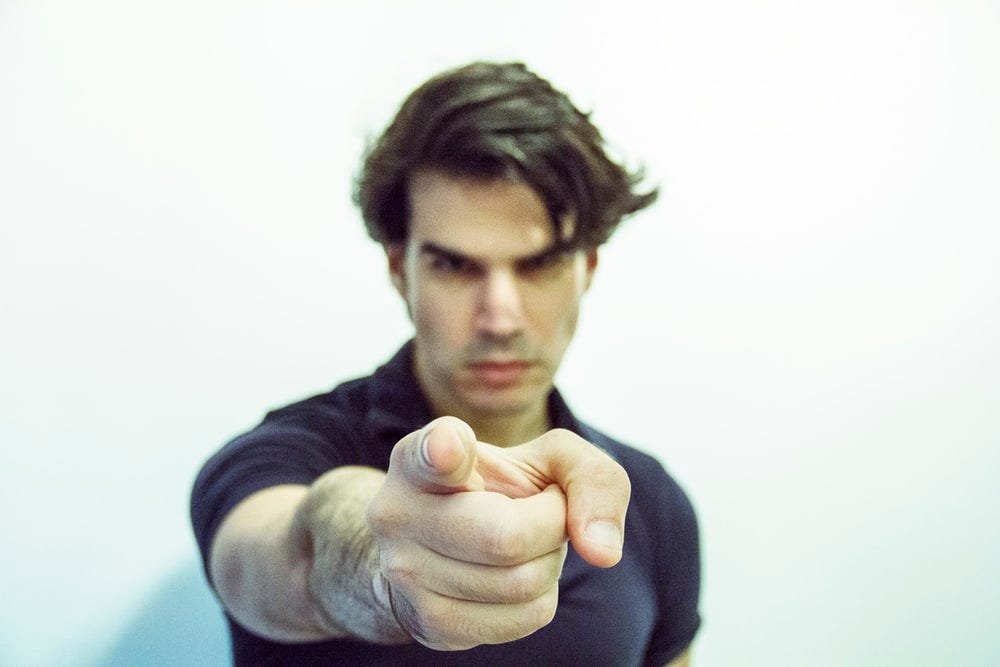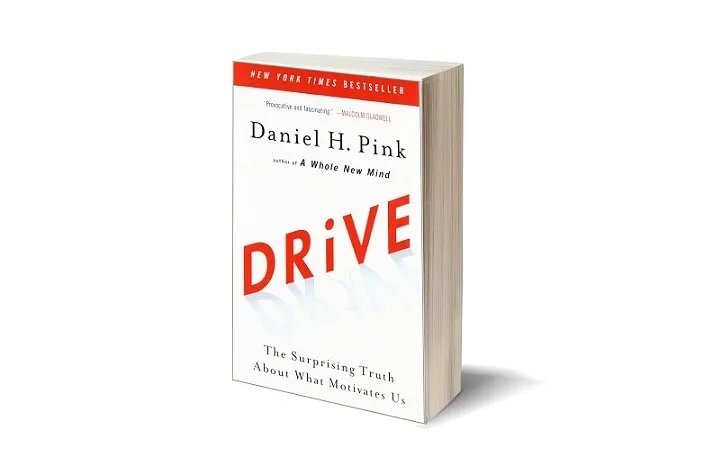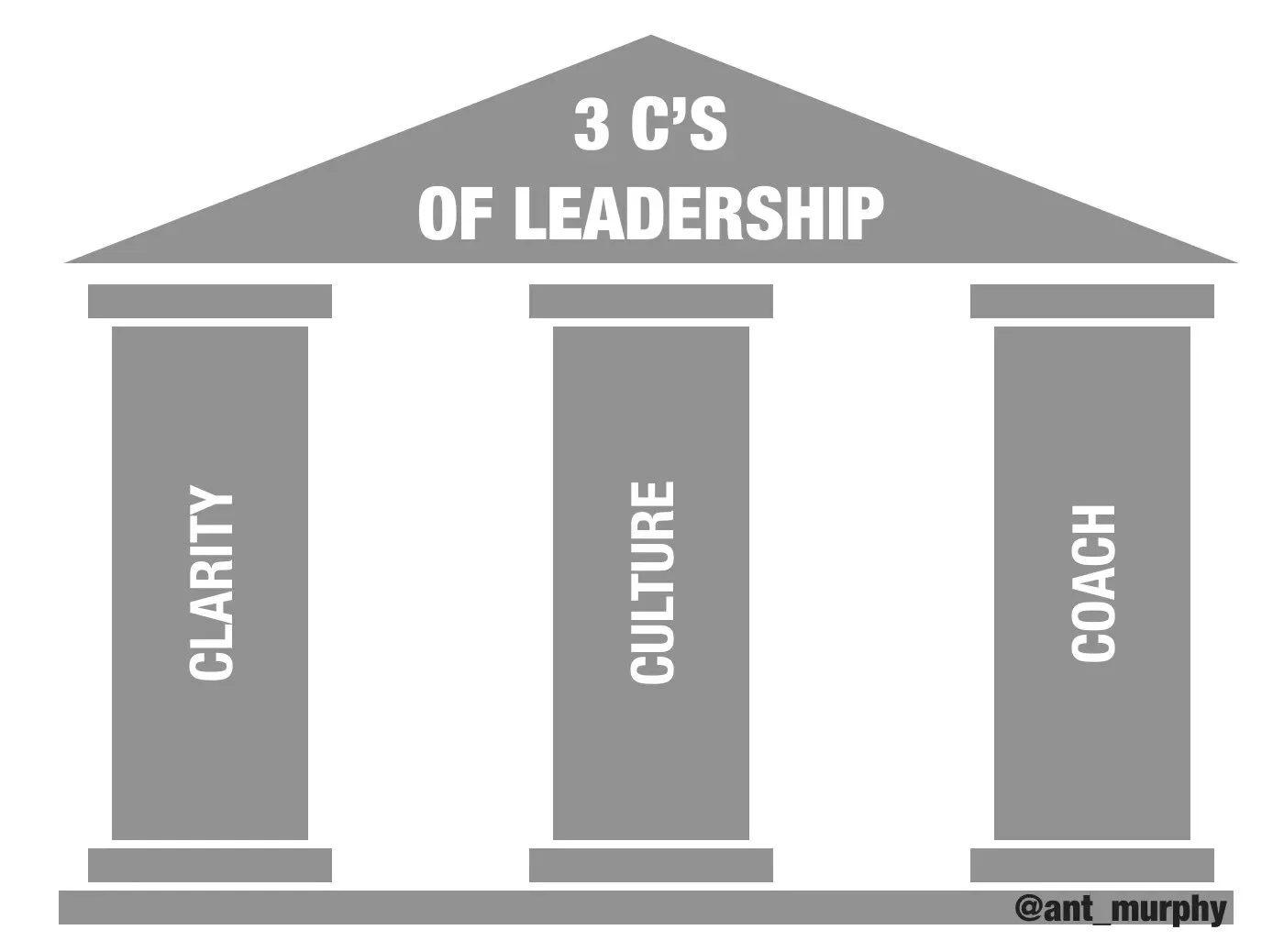Accountability, the road to failure
Responsibility vs Accountability & The Trust Paradox of Self-Organising Teams
Photo by Luke Stackpoole on Unsplash“Failure is an attitude, not an outcome.” — Harvey MacKay
Something which I’ve found very profound after leaving the military (albeit, I wasn’t in for very long) and working in the corporate world is the idea of “accountability” — who is accountable for this? accountable for that? — It’s almost like that’s the core function of management; to find people to be accountable for stuff.
Yves Morieux, a Senior Partner at BCG, brilliantly provoked in his ted talk that “If you think about it, we pay more attention to knowing who to blame in case we fail, than to creating the conditions to succeed” — and in my experience, he’s not wrong.
Yves message is clear when we focus on accountability, clear lines between people’s roles, etc we are setting the conditions in case we fail rather than for us to succeed — who’s head do I chop off when this all goes to shit? How do I cover my own ass? — these are the questions we are really asking ourselves.
“All the human intelligence put in organization design — urban structures, processing systems — what is the real goal? To have somebody guilty in case they fail. We are creating organizations able to fail, but in a compliant way, with somebody clearly accountable when we fail. And we are quite effective at that — failing.” — Yves Morieux
Perhaps it’s just me but when I reflect on it, I hardly remember people talking about accountability when I was in the army, but rather I remember talking about “responsibility” a lot.
Accountability and responsibility, two words which often get used interchangeably but carry vastly different implications.
Responsibility: owning your actions and outcomes — being responsible for them. It’s self driven, no one can assign it to you, only you can take responsibility.
Accountability: on the other hand, is past tense. It’s being held to answer or report on something that has happened. Unlike responsibility it’s external driven — i.e someone else holds you to account for something.
I often explain it this way:
Imagine you’re walking down the street and you walk past a piece of rubbish, as you walk past it someone shouts out “hey, why you didn’t pick that up?” = accountability
As opposed to, walking down the same street but this time, as you walk past that piece of rubbish you feel a sense of duty to have a clean neighbourhood, so you pick the rubbish up and put it in the trash = responsibility
A small but profound difference.
Ironically, I often see accountability used in the corporate world as the stick method to try and get people to take responsibility — because that’s ultimately what we want, everyone to own their actions and to take responsibility for them.
However the result of holding people to account is exactly what Yves Morieux talks about — we are focusing on the conditions for when we fail. And that’s the problem with chasing accountability because what we are really asking ourselves is, who do I blame when it all goes wrong?
This is a dangerous game, it not only erodes psychological safety — which is fundamental to any team — but it also puts us in a mindset where we have already failed before we’ve even started. This may be subtle but it is one which has a disproportionate effect — to paraphrase Margaret Thatcher, “watch your thoughts, for they become your destiny.”
Rather if we want to succeed, we need to view the world with a success mindset and this means we really ought to be cultivating responsibility — an intrinsic sense of duty and purpose which makes one want to succeed.
“In order to succeed, we must first believe that we can.” — Nikos Kazantzakis
Responsibility Perpetuates Trust
There’s an interesting and perhaps cultural force behind why the army strives for responsibility over accountability and that’s got to do with building trust.
A value in the Australian army is “integrity”, couple this with the expectation that everyone is a leader and the result is that more often than not people are quick to take responsibility for their actions — particularly when things are serious — people put their hand up and say “my bad” and own their actions. Rarely do you have to go hunting for someones head to cut off (although many may feel like that’s their Senior NCO’s full-time job!)
This integrity and ownership for the outcomes of your actions, whether good or bad is an important ingredient to trust. As you could imagine, trust is critical in a military context — I need to trust that you have my back and when you say you will do something you will do it. But if trust is so important why not have it as a value? Why have integrity and leadership instead?
The reality is you cannot make someone trust someone else, it’s intrinsic and self-regulated. No one can force trust, it’s got to be built.
So rather than telling people to trust each other, the army goes about creating the conditions for trust to be fostered. This means focusing on values and qualities that help perpetuate trust — things like mateship, leadership, integrity, and responsibility. It’s not about telling people to trust each other, that doesn’t work, rather it’s about creating the culture and the environment for trust to be organic — that’s everlasting.
And this is no different for a product team, or any other kind of team for that matter. If you want them to be high performing and self-organising, to be empowered to make decisions for themselves, then you’ve got to set the conditions for it to happen. You have to cultivate a sense of responsibility, it doesn’t just happen overnight.
Often a barrier to achieving self-organising teams in organisations is a lack of trust. I’ve heard way too many people say that Company A is bad because there is a lack of trust — “they have a real trust problem”, “they just have to trust the teams” — but rarely do I see people talk about and help set the conditions for trust to occur like how the military does.
But for many, this level of organisational trust is a fundamental culture and mindset shift. Many aren’t used to thinking in this way, they’re from the accountability world — used to punching the card, doing what’s in their job description and nothing more. Learning to take responsibility for shared outcomes doesn’t happen overnight.
The Trust Paradox
Trust is paradoxical because it’s a two-way street — as a leader, you can trust the team to be self-organising but at the same time, you are also trusting that the team will take responsibility for the outcome. Simply telling them that come Monday, they are now “responsible” doesn’t make it happen.
Many organisations are making the transition to small, autonomous teams but often I see this happening from a structure point of view only. Many aren't setting the right conditions for responsibility to be fostered, they go all-in, do what they’ve read or were told — “you’ve just got to trust the teams”. Suddenly almost overnight the whole organisation has become “self-organising” but without the right conditions, this trust is blind — ignorant even.
A typical fairytale transpires, the team eventually makes a mistake, they mess up. Trust is now lost. Leaders are then prancing around saying this whole trust and self-organising thing is bullshit and they pick the accountability stick back up — hello old friend! Culture starts to erode and all hope for autonomy and trust is again lost.
The leaders will say it’s not their fault, it’s the team’s fault, “they lost our trust!” But really it’s a failure in leadership — failure to set the conditions for the team to successfully be autonomous and take responsibility.
Photo by Adi Goldstein on UnsplashThe further you walk down the accountability path the worse things get. Without cultivating ownership and a sense of responsibility you provide zero reasons for your people to have any kind of purpose or intrinsic motivation to do anything more than what they’re being held accountable for.
This illusion of control is not a path to success like many think. Rather what you cultivate is a culture of “it’s not my problem”, “that’s not my job” and even, “you can’t make me do that, it’s not in my contract”…soon the whole company is filled with mindless zombies, only there to punch-in-and-out each day and collect their paycheck — no care, no input, and no out-of-the-box thinking, just people covering their asses and trying to pass-the-buck — a failure mindset.
Ironically, as Yves Morieaux brilliantly points out the cycle can often be self-perpetuating. The more we “fail” the more procedures and processes we put in place. The more we try to “manage” and control with accountability — words are thrown around like, “they can’t do their job!” — and ironically this just adds to the problem. The organisation goes deeper down the mindless zombies’ tunnel — once smart people, hired for their brilliance are eventually reduced to nothing more than blind monkeys, stuck walking in circles in a revolving door — and they wonder why they have so many problems and fail all the time!
Focus on Building Responsibility Instead
So let’s reframe our mind. Think in terms of success and cultivate responsibility instead.
One of the best things about responsibility over accountability is the intrinsic motivation and buy-in to the goal/outcome — even if ‘shit-hits-the-fan’ having a sense of duty to achieve the outcome as a team you will react immediately to remediate the problem. Your focus isn’t on saving your ass, it's on succeeding — winning! Failure is no longer an option.
Have you ever been in the zone, maybe you wanted to achieve something, wanted to learn something and despite countless setbacks you prevailed and continued to find a way forward? — This is what responsibility cultivates!
So how do leaders cultivate this?
One of the things which I literally just connected the dots on while writing this article is the stark similarities between Dan Pink’s drive and how I view leadership. As a leader I often say you have three main jobs:
Provide (organisational) clarity (i.e. context, the why, etc) = Purpose
Create and manage culture (i.e. safety, trust, etc) = Autonomy
Grow your people, coach them, bring the best out in them = Mastery
This is the crux of leadership or at least how I learned it — and that was from the army, I think they know a thing or two about leadership! — and distilled it down into over the years whilst working with numerous executives and product leaders.
Do these three things and allow learning to occur through mistakes. Cultivate the culture and environment for this to happen and you will build responsibility, and an unstoppable team.
The 3 C’s of Leadership as how I think of itWhenever you're ready, I can help you in 4 ways:
Level up your craft with self-paced deep dive courses on specific topics such as Prioritisation, Stakeholder Management and many more.
More free content on Youtube. Subscribe to Product Pathways Youtube channel for regular videos on product and business.
1:1 Coaching/Mentoring: I work with product people and founders through 1 hour virtual sessions where I help them overcome challenges.
Private Workshops and Training: I frequently run private workshops and tailored training courses for product teams globally. Get in touch to talk about your unique training needs.




